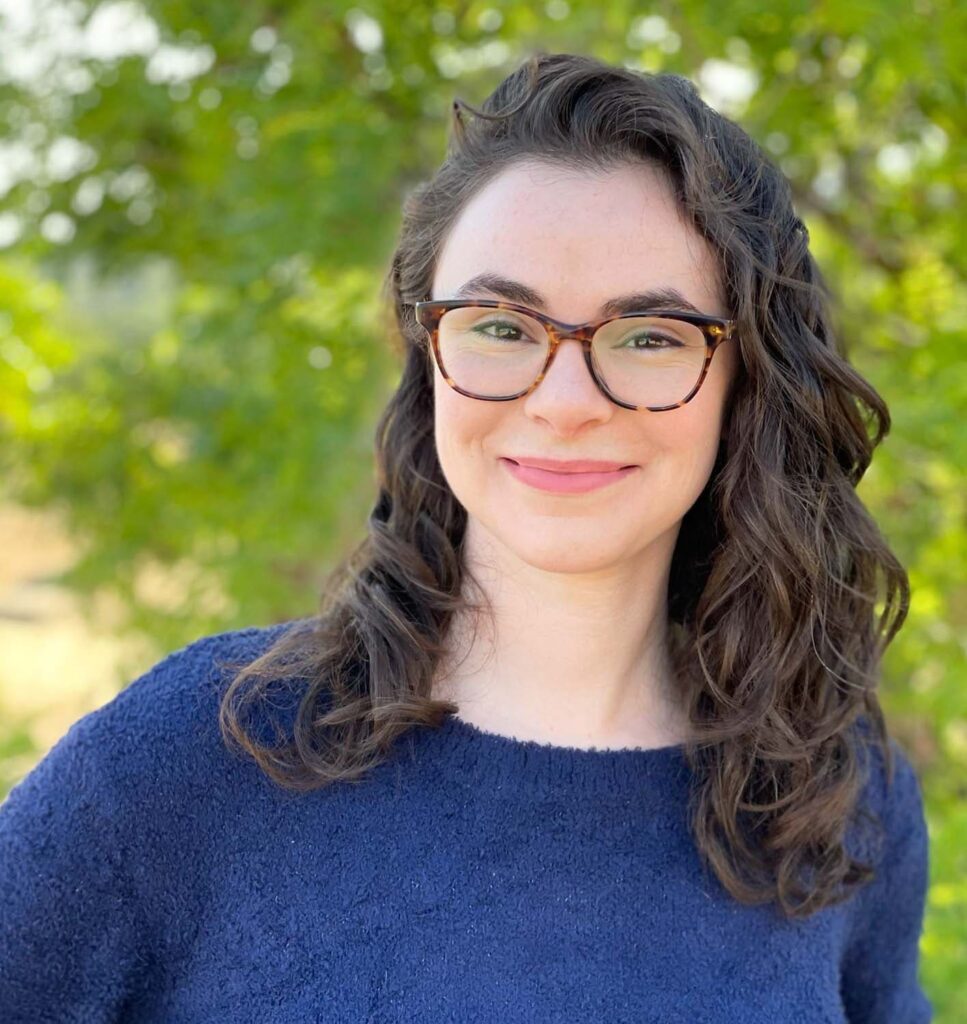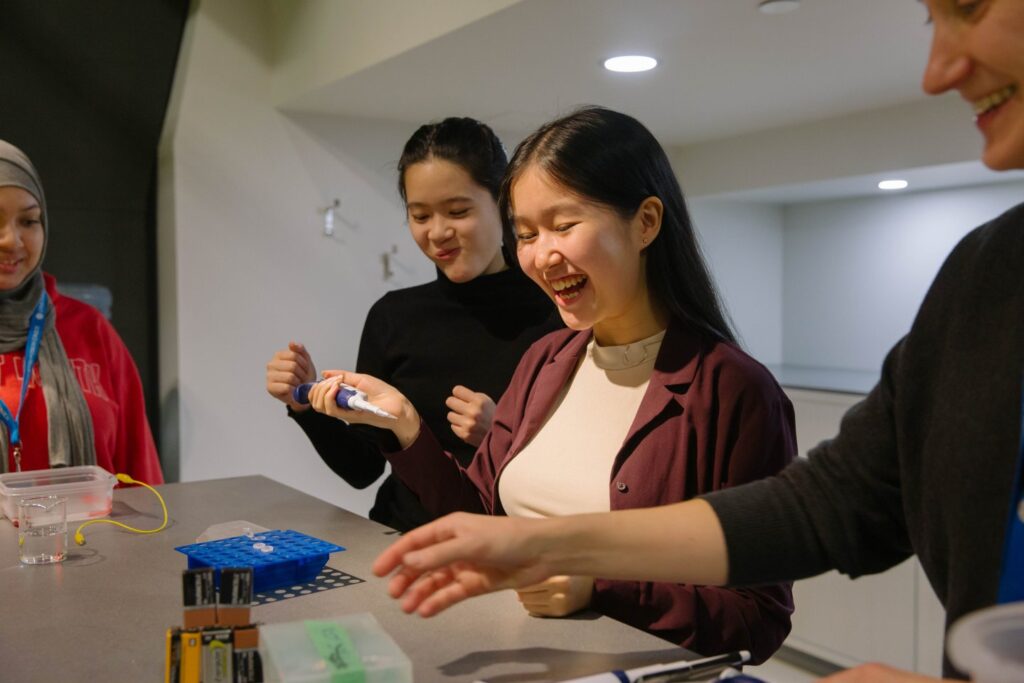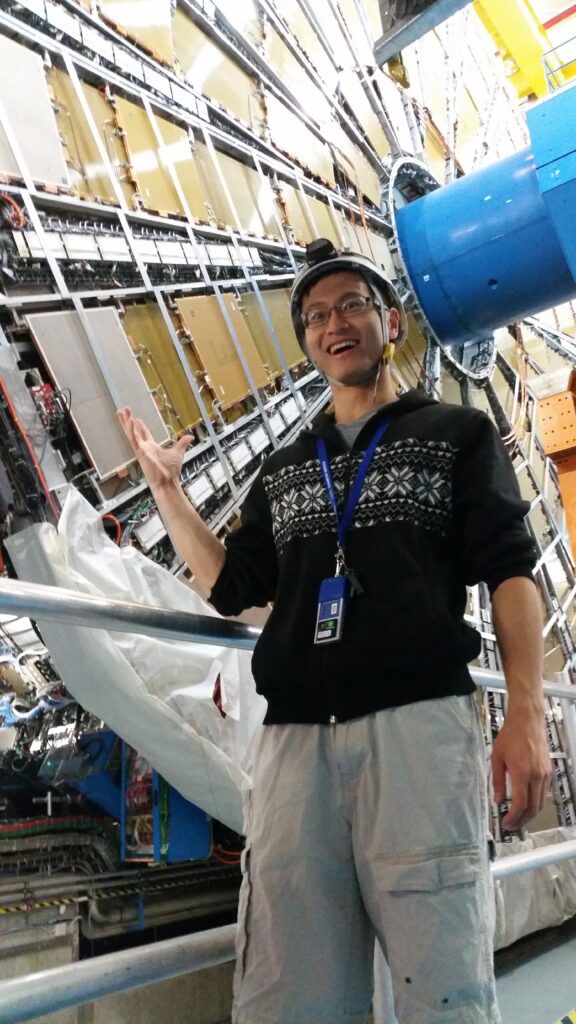But, when it came time to choose a specialization in university, she initially selected Animal Behavior, an interdisciplinary degree between biology and psychology.
“That program was almost 75% women,” Katie says. “So, it was very easy to just be like, ‘Of course I’ll do life sciences. This makes sense to me.’”
Still, she found herself gravitating toward math classes. One day, a professor asked why she didn’t major in the subject.
“I think math attitudes are deeply wrapped up in gender,” Katie reflects. “The fact that it didn't occur to me to try until someone said, ‘Hey, maybe you should do this,’ says a lot.”
She's proud of what she's accomplished since making the switch.
Last year, she co-authored a paper published in Nature Communications, the world’s leading interdisciplinary science journal, on the mechanistic role of insulin signaling in beta-cells.
For her part, Katie worked with different mathematical models and statistics of insulin resistance and glucose tolerance. The paper, now widely cited, has challenged ideas entrenched in literature for decades.
“Basically,” she says, “many hormones in our body will start down-regulating their own production based on high numbers. But this failsafe mechanism had never been proven with insulin.”
Until now.
“It was amazing to be involved in such high-impact research and collaboration. And these are the kinds of advanced skills that students get introduced to in Future Science Leaders.”




